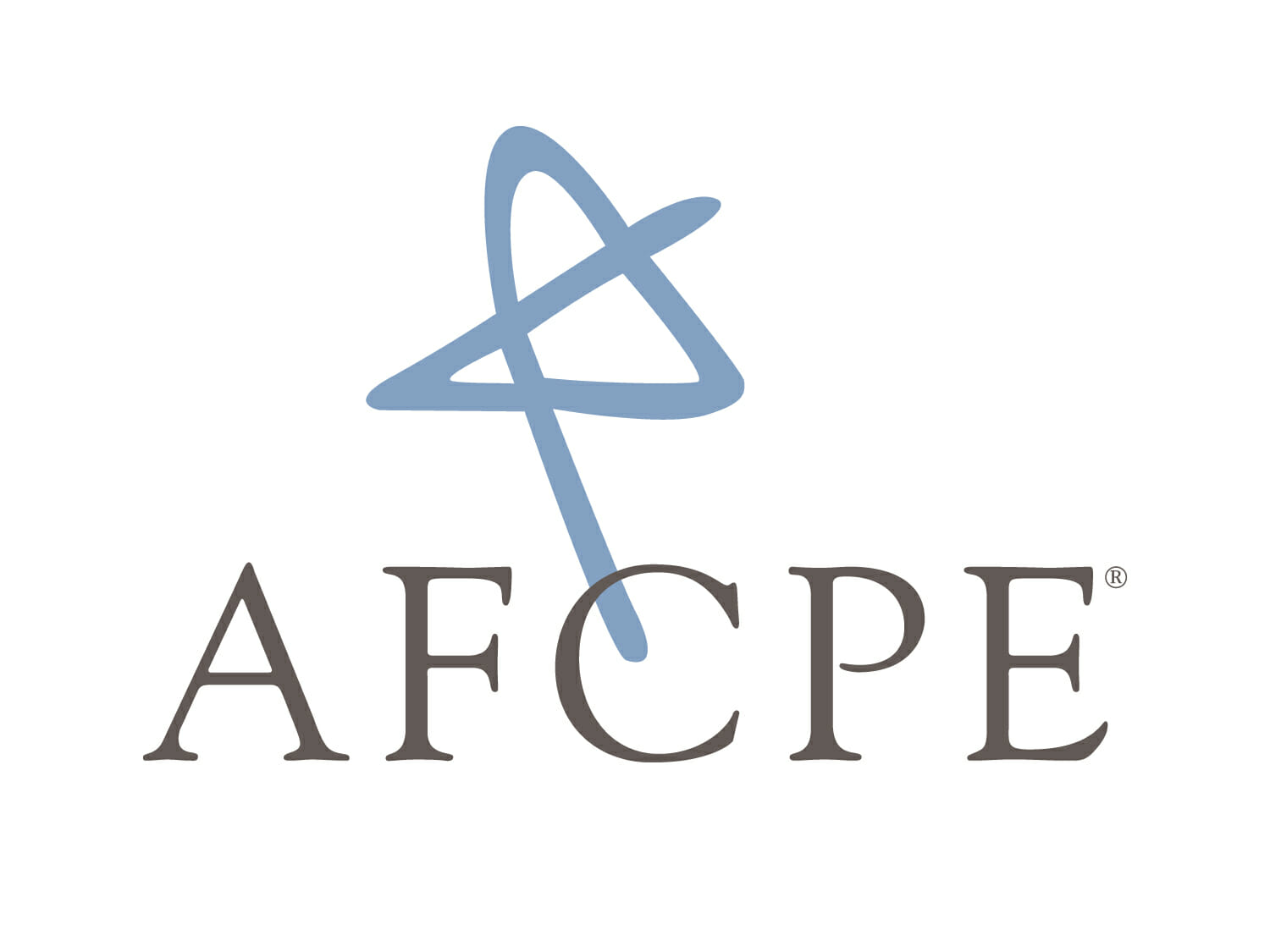Working part time as a PFC, I help military families regain control of their finances. Some come to see me as an order from their commander while others come voluntarily, looking to regain control of their finances. Whether it is a young single airman or a more seasoned couple, the overwhelmed look of not knowing where to start is the same. Where does my money go? How will I ever pay off all these student loans/credit cards? How do I start investing?These are all questions we commonly hear as financial counselors.
But, they all boil down to one larger question: do you want to be in control of your finances? Or do you want your finances to control you?
My solution? A budget.
It is the most basic and underutilized tool, and the best way to regain control of our finances. Here are 6 things to remember as you get started:
- The budgeting process seems scary at first. No one likes seeing how much they owe on paper – especially when it outweighs what they own. But, being vigilant and aware of finances and debt is better than burying your head in the sand and ignoring the problem at hand. In the military, if your finances get out of control, you can lose your security clearance and the ability to do your job or make the next rank. It can also create oppressive debt and bad credit, which affects many other financial decisions in your life.
- A budget is a living document. It changes as life changes. A budget, or spending plan, allows you to stay in control of your money and be sure that it is working for you and your goals. It is important to review this each month and adjust as needed to accommodate different seasons of life.
- You must track your expenses. An organized financial management system can help you save money. But, first you must put pen to paper (or fingers to keyboard) and fill in the blanks. Income and fixed expenses are more obvious since most people are usually aware of what they bring in and spend on a regular basis. Then, you must think through the variable expenses: how much is spent on gas for the car, groceries, or eating out? Many times it’s the little expenses that add up: a cup of coffee, stopping at a drive through, the vending machine, contributing for a gift at work, etc. Other times it’s the unexpected expenses such as a flat tire or unexpected medical bill that come up and there is no savings to pay for it so debt is incurred
- Systems may vary, but finding one that works for you is important. Start with an educated guess, but then you will need a system to track your money. One way to do this is to spend as you normally would and keep receipts for at least 2 weeks in an envelope. When separated out, the receipts will fall into categories (gasoline, eating out, groceries, etc.). Multiply those expenses by 2 and record in the appropriate category. Keeping receipts and calculating every 2 weeks will keep you honest with your budget. Other ways of tracking spending is to keep an index card or small notebook in your pocket and jotting down all your daily expenses. You might also use an online budgeting system like Mint or YNAB.
- You must define your priorities and goals. Budgets are based off of priorities, which make them unique to each client. I ask my clients to find places where they can cut expenses and save money. This process can be personal and frustrating. Clients have to face the hard truth and decide whether an expense is an actual need or a just a want. Having a priority list sitting next to you is useful to refer back to when having trouble making a decision. If religion/church is a priority then tithing is not an area one would be willing to cut so maybe they are more willing to go to a salon less or get rid of cable TV. You can afford to do whatever you want as long as there is money in the budget. If you have debt then there is not money in the budget to do everything you want, hence the creation of debt.
- Budgets don’t stop you from living – they help you start living the life you want! People are surprised by how much they can live without when trying to get out of debt. The majority of places I find that can be cut are: beauty supplies/salon, eating out, cable or satellite TV, cell phone plans, smoking, drinking, and recreational activities. I also inform them that many utility companies offer budget billing which spreads their yearly usage over a 12 month billing period. This is easier to place in your budget then having an unexpected large electric bill. For active duty service members, I also look at and loans obtained before entering the military and ensure they have a maximum interest rate of 6%. Under the Service member Civil Relief Act (SCRA), while on active duty those interest rates can be lowered to 6% and the excess interest is forgiven.
As financial counselors, we do our best to educate and lay out all options for our clients. But ultimately these budget decisions must be made by the client and become an action plan on their goals. Sometimes the hardest part of being a counselor is trusting the process: providing education, support and accountability and then letting go so that our clients can apply this knowledge into their own lives and begin to realize their goals.
Guest Contributor: Rebecca Denton, AFC®

Leave a Reply